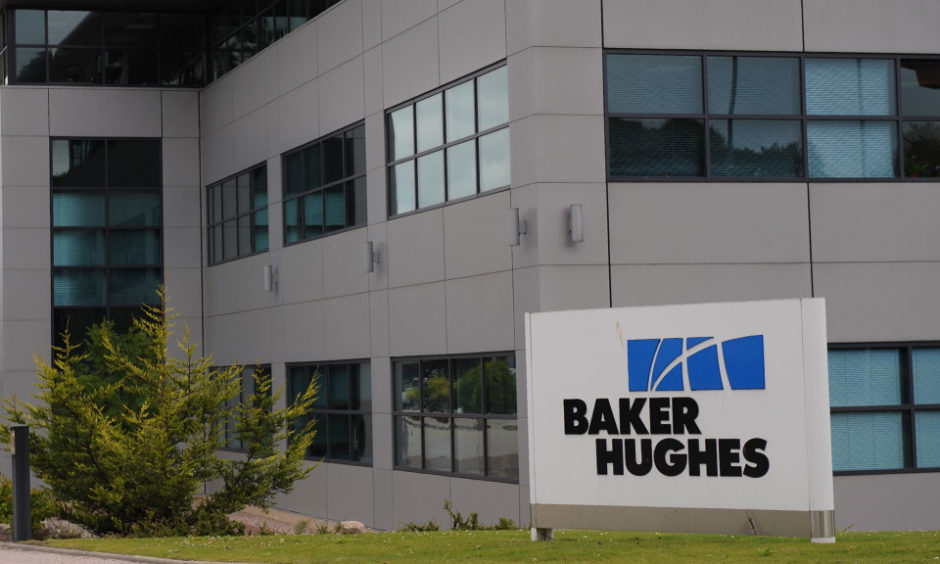
If you must fail, do it quickly.
That’s the advice for R&D teams from a chief scientist at a US oil service firm.
Sven Krueger, who heads up research teams at Baker Hughes, said the firm’s innovators were thinking outside the box to get results during the downturn.
And while the approach can lead to setbacks, the end result often justifies the means.
“If you run a big company like Baker Hughes there is a need to have standard procedures to protect the environment and make sure we work in a safe way,” Mr Krueger said on the sidelines of the SPE Intelligent Energy conference.
“But we need to have flexibility to let our R&D team go and try out new things. It’s called blue sky research. They can fail, but hopefully they fail early and in a controlled way.”
Mr Krueger said a less structured approach could be useful as it opened the door to “disruptive innovation” – a term widely accepted to mean innovations that create new markets.
The approach appears to be working. Baker Hughes has taken more than 50 new products to market in the last year, proving there are plenty of opportunities even under the current cost pressures.
Mr Krueger said: “Cost pressures have delayed a lot of projects but on the other side, for us, I don’t think we have become less innovative. Just the opposite.”
“When people become more focused and reach out to expertise outside the company, the effect is that we get the project done much faster, and that’s what we’ve done.”
Mr Krueger also said the industry had an issue with classification, and was getting the terms innovation and invention mixed up.
Mr Krueger, who has had more than 30 patents granted in his career, said: “When we say innovation we need to be clear what we mean. People tend to confuse invention and innovation.
“Innovation is when you take a new idea to market and create value. It does not need to involve an invention.
“It can be a new process or business model, or a combination of existing technologies.
“There are plenty of opportunities you can go after.”
Recommended for you

